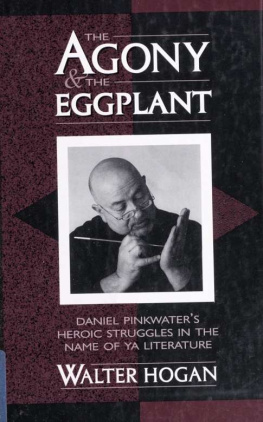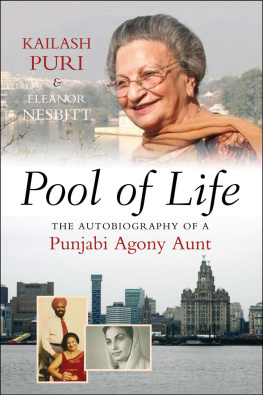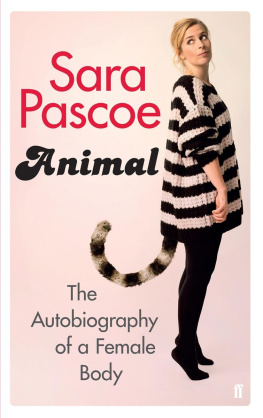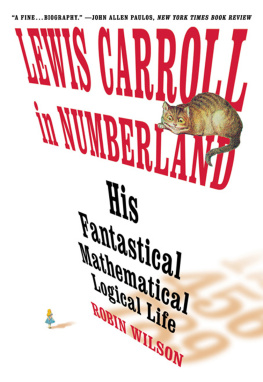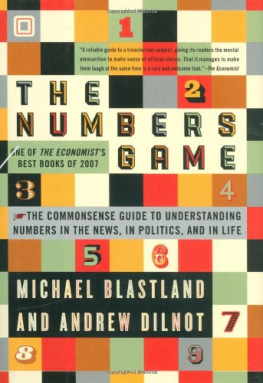AGONY
STEVEN ZULTANSKI
BOOKTHUG
2012
first edition
copyright 2012 , Steven Zultanski
All rights reserved. No part of this publication may be reproduced or transmitted in any form or by any means, electronic or mechanical, including photocopying, recording, or any information storage or retrieval system, without permission in writing from the publisher.
also issued in electronic format as ISBN 978-1-927040-46-1
library and archives canada
cataloguing in publication
Zultanski, Steven
Agony / Steven Zultanski.
Poems.
Issued also in electronic format.
ISBN 978-1-927040-40-9
1. Zultanski, Steven--Poetry. I. Title.
PS3626.U58A56 2012 811.6 C2012-905410-0
Version ePub ralise par:
www.Amomis.com
for Diana
1.
LIVES
I live here.
They know it. Yawn.
Yawn.
I yawn in their faces nearly continuously.
Given that the average person breathes, on average, times a minute, and that the average tidal volume, that is, the air displaced between inspiration and expiration, is 30.513 cubic inches, we can assume that when I breathe normally, that is, when I am not yawning in anyones face continuously, which is nearly never, I move 703,109.52 cubic inches of air a day.
Not to mention in a year.
Now. Considering that the average person who happens to be male, such as myself, for now, yawns ten times a day, and that each yawn forces 280.709 cubic inches of air out of the lungs following maximal inspiration, on average, we can assume that, when Im breathing normally, which is nearly never, I yawn in ten faces a day, or in one face ten times a day, and thus I force 2,807.09 cubic inches of air into their mouth or mouths, over the course of it.
Whether I yawn in ten faces one time or in one face ten times depends on the relationship of their faces to myself.
If I am alone I yawn in my own face, which is also theirs, in the sense that they see it.
If I am in love I yawn in my lovers own face, that is, theirs or the one closest to them that is mine.
Since weve been in love two or three times, its hard to say whose mouth is whose.
So I wont exactly say.
Given that Ive been in love three times, say, and that, on average, my being in love has lasted a year, we can assume that Ive spent three years yawning in their faces, knowing they know that I live here, at least for those moments immediately following maximal inspiration.
So theyve only known that I live here for three hours and 2.5 minutes, if we assume that each yawn lasts merely a moment, and that a mere moment is measured in seconds, one.
Two.
Just enough time for me to force 1,536,881.775 cubic inches of air into their faces.
Just enough time, three hours and 2.5 minutes, to live a little, to see a little something come of breathing, finally, which at first seems to yield no return but the repetitive consolation of mechanical certainty, tidal and all-together inhuman, like a birth rate.
I was born in the morning.
And my first cry of many must have, because it usually does, forced 8.604 cubic inches of air into my mothers doctors face, which said face I am not counting as one of theirs, but only as one of mine, since it was not the face of a lover, but of an impersonal representative of a hospital, which might as well have been, for all I can remember, the hospital itself.
That is, I guess so.
So then they, the lovers Ive loved who are not hospitals, force at least the normal tidal volume of air into my mouth every morning of my life, sometimes.
Now then.
Its that time of day.
That is, then.
When they, the average sums of all known lovers, come in to my year, a mere moment, to count again their fingers for you, and count again your toes for them.
MOUTHS
Say now.
Given that the volume of a human mouth is, on average, 7.628 cubic inches, we can assume that the mouth can, in a given average situation, carry up to 635.666 tears.
Which would take 38.14 minutes to shed, if they were to be shed at the average rate at which tears are shed.
So we can assume that the volume of the average human body, in all its trembling, convulsing, and perambulating, is equal to that of 663.997 mouths.
Or, as wet as 422,097.433 tears.
And if the entire human body were made of tears, and each of those tears were shed, since thats what theyre there for, to be shed, insofar as tears dont strictly speaking preexist their being shed, it would take said human body 422.080 hours to do so.
Or, if the body spit mouthfuls of tears out of its mouth continuously, like a fountain, literally by the mouthful, per second, it would take only 11.06 minutes to run dry.
And from the resulting puddle, what.
If one were thinking generously, mouths could drink from said puddle, and quench the thirst of their attendant human bodies.
Or, more generously yet, one mouth could drink from said puddle 664 times, say once a day for days, and quench itself repeatedly, each time to its dissatisfaction, and so on.
So. The worlds largest fountains are the Fountains of Bellagio, which spray 423,947.668 mouths of water per minute.
From mouth-like jets.
Thats 269,500,046.869 tears.
That many tears, in one day, could quench the generous thirst of 423,947.668 mouths for hours, or the entire non-white population of Washington, DC, say.
With enough tears left over for a couple of white peoples mouths, too.
25,774 of them.
Satisfied for a single day, and then thirsty again. As it is with a kiss.
For instance Ive given or taken at least one million kisses, of more or less lengthiness, on one million mouths, if we assume that each kiss lands, in a certain sense, on a different mouth, and that each mouth is, in a certain sense, the same.
If each of those kissed mouths were full of tears, as if in advance of those later tears which inevitably come trickling when the kisses cease, and if with each kiss I drank the tears into my own mouth as my lover drank mine into hers, then we can assume that the tears exchanged in such mouth play would still only be equal to 4.717 minutes of water as it is sprayed from the Fountains of Bellagio.
Our kisses, see, are nearly nothing.
All the white people in Washington, DC: their kisses are nearly nothing too.
In their entirety, the volume of their bodies is equal to that of a mere 144,535,872 mouths of tears, that is if they were made completely of tears, which we can assume that they are, given that the average human cries continuously, on and on while kissing, with each kiss renewing their supply of tears, as lovers drink each other up.
So. The entire white population of Washington, DC is made up of only 14,453.587% more mouths of tears than I have ever drank from lovers mouths.
Not too shabby, DC.
Because even if my body were covered in mouth-like jets, like a human fountain, you would still be ahead of me, in terms of all your white people, like me, being greater in volume than all the kisses I carry around.
And yet, given that each mouth can only spit mouthfuls of tears out of its mouth continuously out of its self, like a fountain, per second, and not out of other mouths, it would still take the entire white population of Washington, DC only 11.06 minutes to run dry.
As it would take me the same 11.06 minutes to run dry, by mouth.




